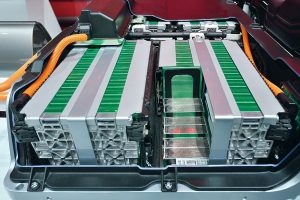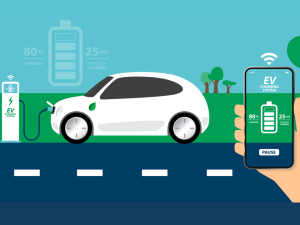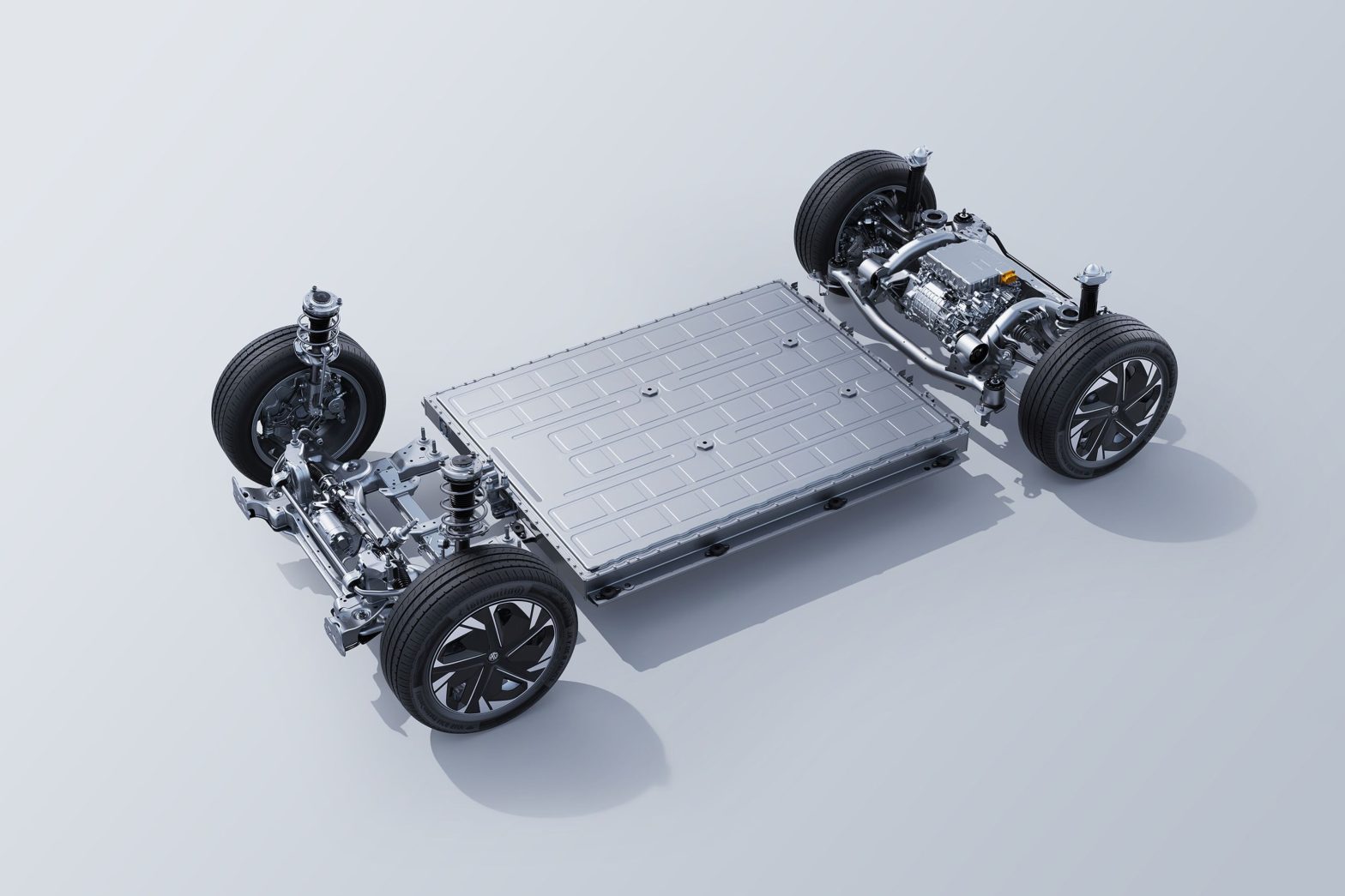A Deep Dive into Car Battery Technologies
Introduction to Car Battery Technologies
The automotive industry is undergoing a significant transformation with the rise of electric vehicles (EVs) and hybrid vehicles. Central to this evolution is the advancement in car battery technologies. As the demand for cleaner and more efficient transportation solutions grows, understanding the different types of car batteries and their technologies becomes crucial. This article aims to provide a comprehensive overview of the various car battery technologies available today. A Deep Dive into Car Battery Technologies
Types of Car Batteries
Lead-Acid Batteries
Lead-acid batteries have been the standard for automotive applications for many decades. They are reliable, cost-effective, and well-understood. However, their heavy weight and limited energy density make them less suitable for modern electric vehicles.
Lithium-Ion Batteries
Lithium-ion (Li-ion) batteries have become the go-to choice for most electric and hybrid vehicles due to their high energy density, longer lifespan, and lighter weight compared to lead-acid batteries. These batteries use lithium ions to generate electricity and are found in various forms, including lithium iron phosphate (LiFePO4), lithium cobalt oxide (LiCoO2), and lithium manganese oxide (LiMn2O4).
Nickel-Metal Hydride Batteries
Nickel-metal hydride (NiMH) batteries were widely used in early hybrid vehicles like the Toyota Prius. While they offer better energy density than lead-acid batteries, they are bulkier and have a shorter lifespan compared to lithium-ion batteries.
Advancements in Car Battery Technologies

Solid-State Batteries
Solid-state batteries are considered the next frontier in car battery technology. They promise higher energy density, faster charging times, and improved safety compared to traditional lithium-ion batteries. By replacing the liquid electrolyte with a solid material, solid-state batteries can potentially reduce the risk of leakage, overheating, and fire.
Graphene Batteries
Graphene, a single layer of carbon atoms arranged in a hexagonal lattice, has shown promise as a material for next-generation batteries. Graphene batteries offer high conductivity, rapid charging capabilities, and increased energy density. However, commercialization of graphene batteries for automotive applications is still in the research and development stage.
Key Considerations When Choosing a Car Battery
Energy Density
Energy density refers to the amount of energy stored in a battery per unit volume or weight. Higher energy density batteries can provide more range for electric vehicles, making them more practical for daily use.
Lifespan
The lifespan of a battery is an essential factor to consider when choosing a car battery. Longer-lasting batteries can reduce the total cost of ownership and minimize the environmental impact associated with frequent battery replacements.

Charging Speed
Fast charging capabilities are becoming increasingly important as electric vehicle infrastructure continues to expand. Batteries that can be charged quickly can significantly reduce downtime and improve the overall user experience. Find auto electrics and air conditioning newcastle here.
Conclusion
The automotive industry’s shift towards electrification is driving rapid advancements in car battery technologies. From traditional lead-acid batteries to cutting-edge solid-state and graphene batteries, the options available to consumers are expanding, offering a range of choices to suit different needs and preferences. As technology continues to evolve, we can expect further improvements in battery performance, efficiency, and safety, paving the way for a cleaner and more sustainable future.


